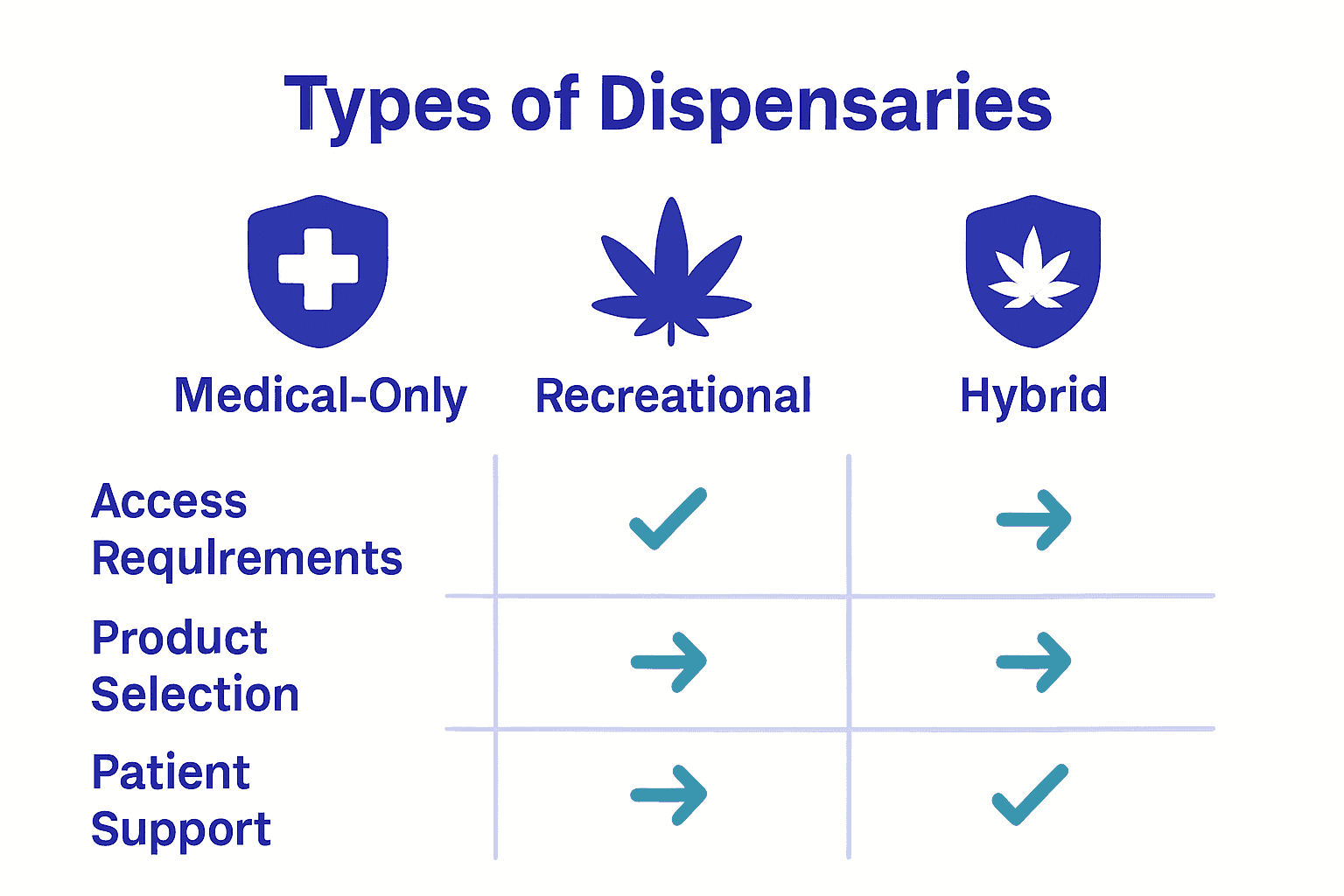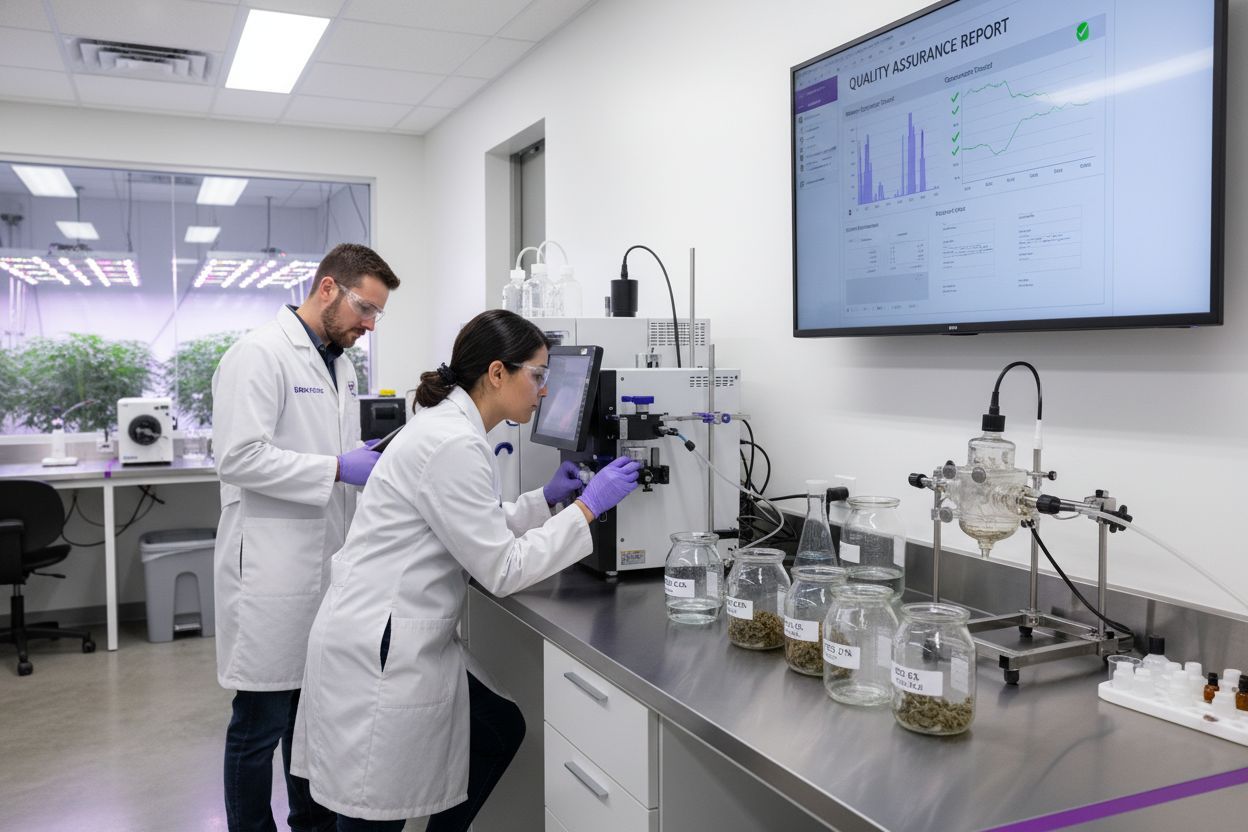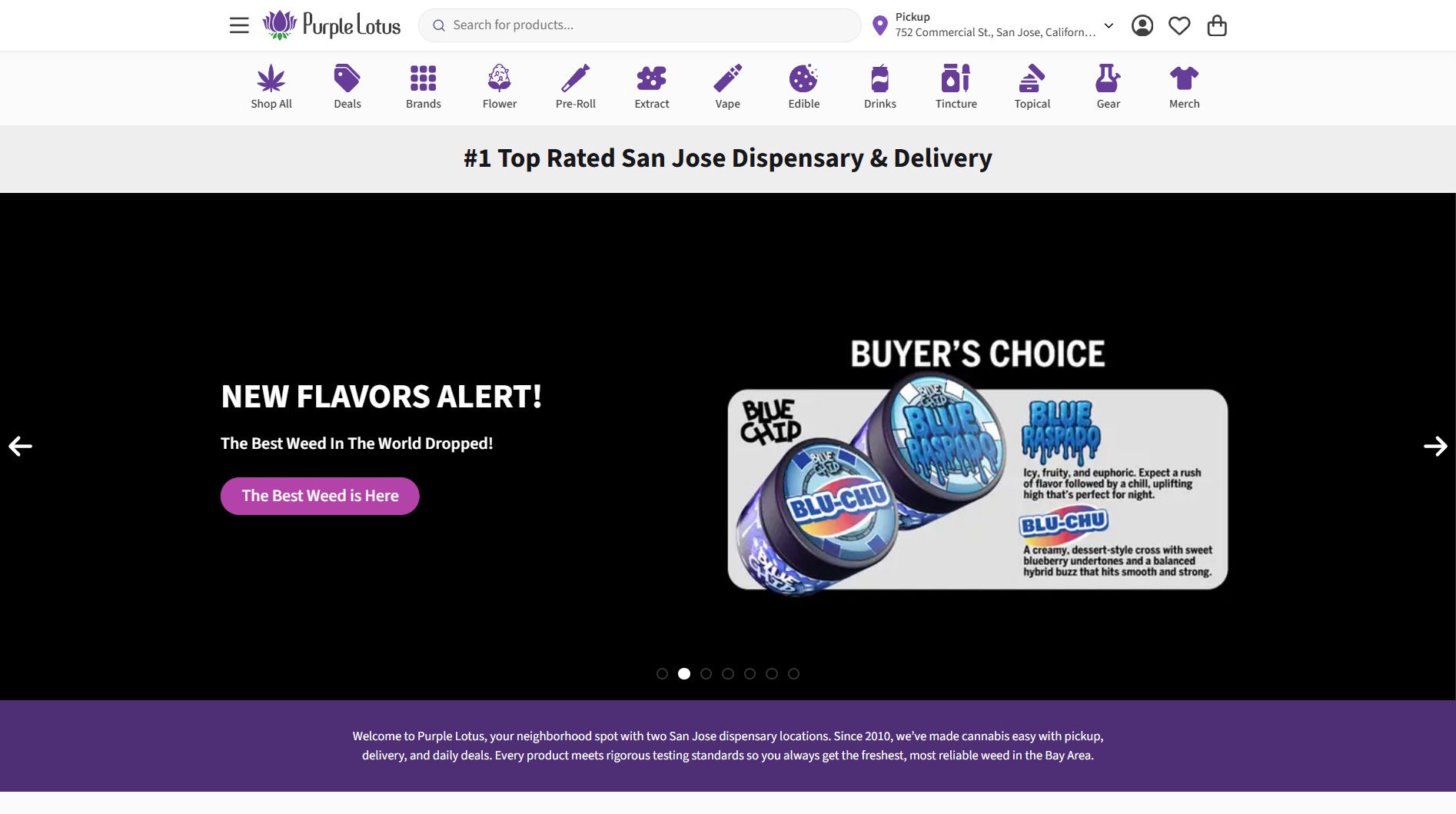Role of Medical Dispensaries: Complete Guide for 2025
More than 5.5 million Americans rely on medical dispensaries for access to regulated cannabis treatments each year. For many patients facing chronic illness or persistent pain, these specialized facilities offer a lifeline when traditional medications fall short. With clear rules, expert guidance, and carefully tested products, medical dispensaries stand at the crossroads of healthcare innovation and patient empowerment.
Key Takeaways
- Medical Dispensary Functions: Medical dispensaries offer cannabis products exclusively for therapeutic use, requiring patients to hold a medical marijuana card for access.
- Dispensary Models: Three primary types exist: medical-only, recreational, and hybrid, each with distinct access protocols and product offerings.
- Regulatory Compliance: Dispensaries must adhere to complex legal frameworks that include strict state licensing and federal restrictions on cannabis.
- Patient Access: Patients face various eligibility and access challenges, including state-specific regulations and potential geographic limitations.
Table of Contents
- What Are Medical Dispensaries? Core Role Defined
- Types Of Medical Dispensaries And Key Distinctions
- Services Offered And How Dispensaries Operate
- Legal Requirements And Compliance Standards
- Patient Rights, Responsibilities, And Access Concerns
What Are Medical Dispensaries? Core Role Defined
Medical dispensaries are specialized retail establishments legally authorized to distribute cannabis products specifically for therapeutic purposes. According to research from cannabis regulatory sources, these facilities serve patients with qualifying medical conditions, operating under strict state-level regulations that govern every aspect of their product sourcing, testing, and distribution.
Unique from recreational cannabis shops, medical dispensaries require patients to possess a state-issued medical marijuana card to purchase products. These key considerations for choosing cannabis dispensaries become critical for patients seeking targeted medical relief. As of mid-2025, medical cannabis is legally permitted in 40 states, though federal law continues to classify cannabis as a Schedule I substance, creating ongoing legal complexities for these specialized healthcare providers.
Key operational characteristics of medical dispensaries include:
- Strict state licensing requirements
- Comprehensive product testing protocols
- Seed-to-sale tracking systems
- Enhanced security measures
- Specialized staff trained in medical cannabis consultation
These facilities play a crucial role in providing safe, regulated access to cannabis for patients managing various medical conditions, bridging the gap between traditional healthcare and emerging alternative treatment options.
Types of Medical Dispensaries and Key Distinctions
Medical dispensaries operate under three primary classification models, each with unique characteristics and regulatory approaches. According to cannabis industry research, these models include medical-only, recreational/adult-use, and hybrid outlets, each serving distinct patient and consumer needs with specialized protocols and access requirements.
In medical-only dispensaries, strict patient eligibility is paramount. Exploring different cannabis product types becomes crucial for understanding these nuanced environments. Patients must possess a valid medical marijuana card and a provider’s recommendation, enabling access to specialized high-THC formulations and potentially more lenient purchase limits compared to recreational channels.
Key distinctions between medical dispensary types include:
- Medical-Only Dispensaries:
- Require state-issued medical marijuana card
- Offer specialized therapeutic product formulations
- Provide personalized patient consultations
- Recreational Dispensaries:
- Open to adults meeting age requirements
- Standard product selection
- Limited medical guidance
- Hybrid Dispensaries:
- Serve both medical and recreational customers
- Separate checkout procedures
- Comprehensive product range
These varied dispensary models demonstrate the complex and evolving landscape of cannabis access, reflecting ongoing shifts in medical treatment approaches and regulatory frameworks across different jurisdictions.

Services Offered and How Dispensaries Operate
Medical dispensaries provide comprehensive services that extend far beyond simple product sales. According to healthcare research, these specialized facilities offer detailed patient support through knowledgeable staff consultations, ensuring customers receive personalized guidance on product selection, dosing, and consumption methods specific to their medical needs.
Operational protocols are stringently managed to maintain regulatory compliance and patient safety. Maximizing dispensary delivery services has become an essential aspect of modern cannabis healthcare, with dispensaries implementing advanced tracking and verification systems to ensure product integrity and legal adherence.
Key services and operational features include:
- Patient Consultation Services:
- One-on-one product guidance
- Dosage recommendations
- Side effect education
- Regulatory Compliance Measures:
- State licensing verification
- Seed-to-sale tracking systems
- Comprehensive product testing
- Product Quality Assurance:
- Lab-tested cannabis products
- Transparent THC/CBD content labeling
- Sourcing from certified growers
These multifaceted services demonstrate how medical dispensaries have evolved from simple retail outlets to critical healthcare support centers, bridging the gap between traditional medical treatment and alternative therapeutic approaches.

Legal Requirements and Compliance Standards
Medical cannabis dispensaries operate within an intricate legal landscape characterized by significant regulatory complexity. According to legal research, these facilities must simultaneously navigate federal prohibition under the Controlled Substances Act and divergent state-level regulations, creating a challenging operational environment that demands meticulous legal compliance.
The legal framework surrounding medical dispensaries involves multiple layers of regulatory oversight. 5 Important Considerations When Choosing the Best Cannabis Dispensary becomes crucial for understanding the nuanced compliance requirements that these businesses must meet. State agencies impose stringent licensing requirements, mandating comprehensive tracking systems, regular audits, and strict operational security protocols.
Key legal and compliance standards include:
- Federal Regulatory Challenges:
- Schedule I cannabis classification
- Interstate commerce restrictions
- Limited federal banking protections
- State-Level Compliance Requirements:
- Detailed licensing processes
- Seed-to-sale tracking systems
- Regular state agency inspections
- Operational Legal Constraints:
- Tax limitations under IRC Section 280E
- Restricted trademark protections
- Complex employment legal landscape
These multifaceted legal requirements demonstrate the extraordinary complexity medical dispensaries navigate, balancing patient needs with rigorous regulatory frameworks that continue to evolve alongside changing cannabis legislation.
Patient Rights, Responsibilities, and Access Concerns
Medical cannabis patients navigate a complex landscape of rights and responsibilities that vary significantly across different jurisdictions. According to regulatory research, accessing medical cannabis requires meeting specific eligibility criteria, including obtaining a provider’s recommendation and registering with state-specific medical marijuana programs, which can involve substantial administrative and financial barriers.
The challenges of medical cannabis access extend beyond initial registration. What To Buy At A Dispensary For Beginners becomes crucial for understanding the nuanced patient journey, particularly given the uneven availability of dispensaries and lack of interstate card reciprocity that can create significant access disparities.
Key patient rights and access considerations include:
- Eligibility Requirements:
- Qualifying medical diagnosis
- Provider recommendation
- State medical marijuana card registration
- Access Challenges:
- Variability in state qualifying conditions
- Potential geographic access limitations
- No standard insurance coverage
- Patient Responsibilities:
- Maintaining valid medical documentation
- Following state-specific consumption regulations
- Presenting proper identification at dispensaries
These intricate requirements highlight the ongoing complexity patients face in accessing medical cannabis, underscoring the need for continued advocacy and policy refinement to ensure comprehensive, equitable healthcare options.
Find Trustworthy Medical Dispensary Solutions in San Jose
Are you feeling overwhelmed by complex patient requirements, strict compliance standards, and limited access to quality medical cannabis? The complete guide you just explored highlights the pain of uncertain regulations, the search for reliable products, and the need for careful guidance. At Purple Lotus, serving San Jose, we recognize these challenges and are committed to making your journey easier with verified lab-tested products and expert support for every step. Discover how our easy online ordering platform brings safe dispensary access directly to your doorstep, prioritizing your well-being and privacy. We offer detailed educational resources to help you make confident choices, whether you need help understanding product types or want to maximize delivery convenience.

Ready for a safer and stress-free medical dispensary experience? Visit Purple Lotus Dispensary now to order for delivery or pickup, browse our medical and therapeutic cannabis options, or learn more about our rewards and educational programs. Act now to experience why so many San Jose patients trust us for legal, premium-quality care tailored to your needs.
Frequently Asked Questions
What are the main roles of medical dispensaries?
Medical dispensaries serve as specialized retail establishments that provide cannabis products for therapeutic purposes, helping patients manage various medical conditions through safe and regulated access.
What types of products are available at medical dispensaries?
Medical dispensaries offer specialized therapeutic products, including high-THC formulations that cater to specific medical needs, often accompanied by personalized patient consultations for informed selection.
How do medical dispensaries ensure product quality and safety?
Medical dispensaries implement comprehensive quality assurance measures, including lab testing for potency and purity, seed-to-sale tracking systems, and adherence to strict regulatory compliance to ensure patient safety and product integrity.
What legal challenges do medical dispensaries face?
Medical dispensaries navigate a complex legal landscape, including federal cannabis classification issues, varying state regulations, and compliance requirements such as licensing, tracking systems, and operational security protocols.
